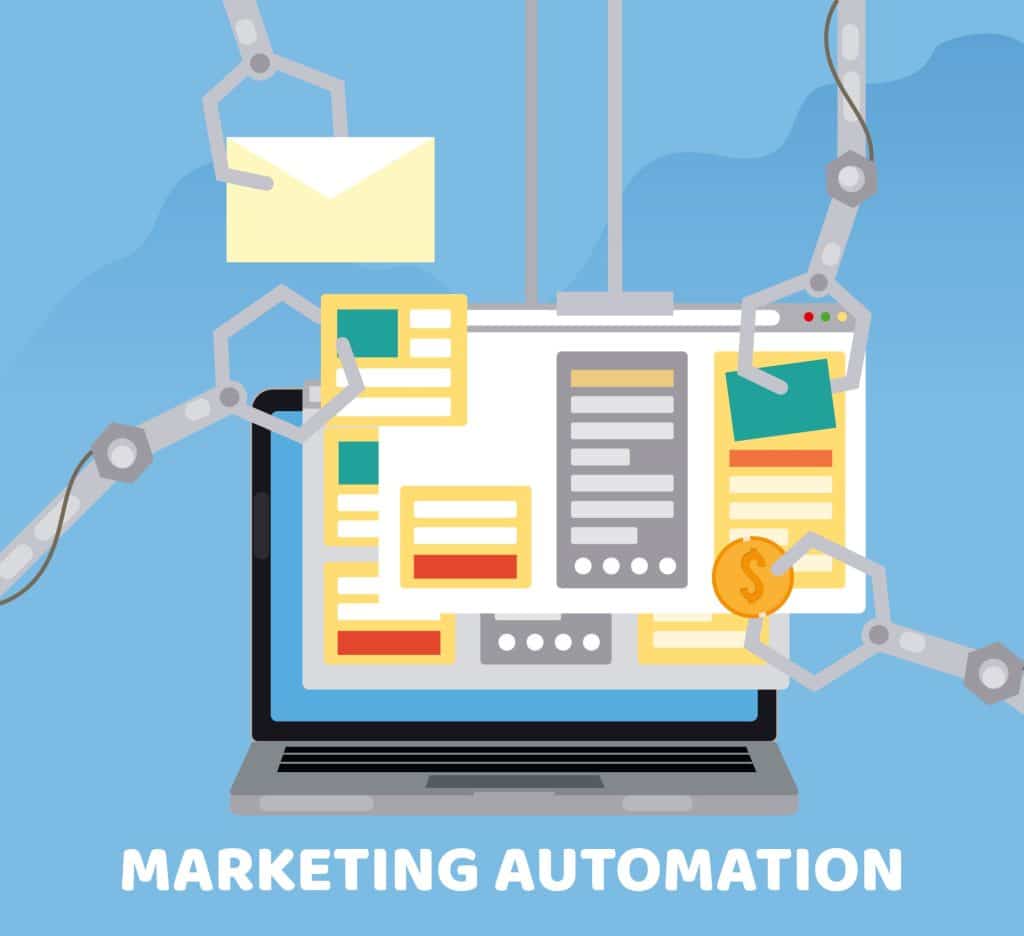The Impact of Automation on the Job Market
Oliver Cooper August 11, 2025
Technology continues to advance rapidly, and automation is playing an increasingly central role across industries. Machines, artificial intelligence (AI), and software are taking over jobs that were once performed by humans. While automation offers businesses benefits such as increased efficiency and lower costs, its impact on the job market is complex and far-reaching.
In this article, we will explore how automation is transforming the job market. We’ll examine the industries most affected, highlight emerging trends, and provide insights into how workers can adapt. Additionally, we’ll discuss the opportunities automation presents for job creation, skills development, and the future of work.

The Rise of Automation in the Job Market
Automation is not a new concept, but the pace at which it’s being implemented now is unprecedented. According to McKinsey & Company, automation could affect up to 30% of jobs globally by 2030. AI, robotics, and machine learning are driving this rapid growth. Automation isn’t just replacing low-skilled, repetitive jobs; it’s also transforming skilled professions. This rapid shift challenges workers to adapt to new roles and industries.
Automation Across Industries
Manufacturing: Robots have been used in manufacturing for years. However, AI advancements now enable robots to perform more complex tasks like quality control, assembly, and packaging. Companies use automation to reduce labor costs, increase production speed, and minimize human error.
Retail: Retail has seen significant automation with self-checkout systems, warehouse robots, and online order fulfillment. Companies like Walmart and Amazon are investing heavily in automation to streamline operations.
Transportation: Autonomous vehicles and drones are changing the transportation industry. Companies like Tesla and Waymo lead the charge in autonomous driving technology. Meanwhile, delivery services such as Amazon Prime Air explore using drones for faster deliveries.
Finance: In finance, automation handles tasks such as data entry, fraud detection, and customer service. AI chatbots now answer customer queries, reducing the need for human employees.
Key Statistics on Automation’s Impact
The World Economic Forum estimates that automation will displace 85 million jobs by 2025 but could create 97 million new roles in fields like data analysis, machine learning, and digital marketing. PwC reports that 38% of U.S. jobs are at high risk of automation in the next 15 years, with sectors such as transportation, manufacturing, and retail most affected.
Job Loss vs. Job Creation: The Complex Trade-Off
While automation threatens job loss, it also creates new job opportunities. However, displaced workers must transition into new roles, which requires the development of different skills. The real challenge lies in helping workers adapt.
Jobs at Risk of Automation
Automation impacts jobs that involve repetitive tasks or rule-based work. Here are some roles at risk:
Data Entry Clerks: Software can quickly process large amounts of data, making this role obsolete.
Cashiers: Self-checkout machines and mobile payment systems reduce the need for cashiers.
Truck Drivers: Autonomous vehicles may replace long-haul truck drivers, a large sector of employment.
Telemarketers: AI systems can now make calls and handle sales, decreasing the need for telemarketers.
New Job Opportunities Created by Automation
While automation eliminates some jobs, it creates new ones in fields that didn’t exist a decade ago. The World Economic Forum predicts that automation will lead to job growth in areas such as:
AI and Machine Learning Specialists: Businesses adopting AI need professionals who can build, maintain, and improve these systems.
Data Analysts and Scientists: As data grows, skilled professionals are needed to interpret it and help companies make data-driven decisions.
Robotics Engineers: The rise of robots across industries demands engineers who can design, build, and maintain them.
Cybersecurity Experts: As technology becomes more ingrained in our daily lives, protecting sensitive data and systems from cyber threats becomes essential.
Digital Marketing Specialists: As businesses increase their digital marketing efforts, experts in SEO, social media, and content strategy are in high demand.
Emerging Industries and Roles
Traditional jobs are evolving, and new industries are emerging as a result of automation. These industries are creating job opportunities:
Sustainable Technology: Green technology, including renewable energy, electric vehicles, and sustainable manufacturing, will need skilled workers.
Health Tech: Automation in healthcare, such as telemedicine and robotic surgeries, is creating new roles in clinical and technical fields.
AI Ethics and Governance: As AI becomes more widespread, the demand for professionals who can address privacy, ethical concerns, and compliance will rise.
The Role of Reskilling and Upskilling
As automation reshapes industries, workers must develop new skills to stay competitive. McKinsey found that 87% of executives say their companies face a skills gap. Over 50% of employees will need reskilling by 2025. Addressing this skills gap requires both reskilling and upskilling efforts.
What is Reskilling and Upskilling?
Reskilling helps individuals learn new skills to transition into different roles or industries. For example, a factory worker may need to learn to work with robots that automate production processes.
Upskilling involves improving existing skills to stay relevant in an evolving industry. A marketer might upskill by learning to use AI tools for data analysis or customer segmentation.
How to Reskill for the Future
Online Learning Platforms: Platforms like Coursera, Udacity, and LinkedIn Learning offer courses to help workers gain skills such as coding, data analysis, and machine learning.
Certifications and Bootcamps: Short-term certification programs or bootcamps focused on specific skills (e.g., coding, digital marketing, cloud computing) provide hands-on experience.
Partnerships with Employers: Companies should invest in training programs to help employees transition into new roles or learn how to operate in automated environments.
The Ethical Considerations of Automation
While automation offers benefits, it raises ethical concerns. One of the primary concerns is inequality, as workers with fewer skills may struggle to adapt to new roles. Job displacement without adequate support for workers could deepen social disparities.
Solutions to Address Automation’s Ethical Challenges
Universal Basic Income (UBI): Some experts suggest UBI as a means of providing financial security to individuals who lose jobs to automation.
Retraining Subsidies: Governments could offer subsidies or tax incentives to businesses investing in employee retraining, ensuring workers can transition into new roles.
Public-Private Collaboration: Governments, educational institutions, and businesses need to collaborate on programs to provide workers with the resources they need to succeed in an automated world.
Conclusion
The impact of automation on the job market is both challenging and promising. While it will inevitably eliminate certain jobs, it also creates new roles, industries, and opportunities. The key to navigating this transformation is reskilling and upskilling, which will help workers stay competitive in an increasingly automated workforce.
By embracing automation, companies can boost productivity and innovation. Workers can prepare for the future by learning new skills and adapting to changes. Ultimately, the future of work will rely on a blend of technology, human ingenuity, and lifelong learning.
Reference
- Generative AI and the future of work in America, http://mckinsey.com
- How It’s Reshaping Jobs & Careers, https://techvaultai.blogspot.com
- Workforce of the future, https://www.pwc.com







